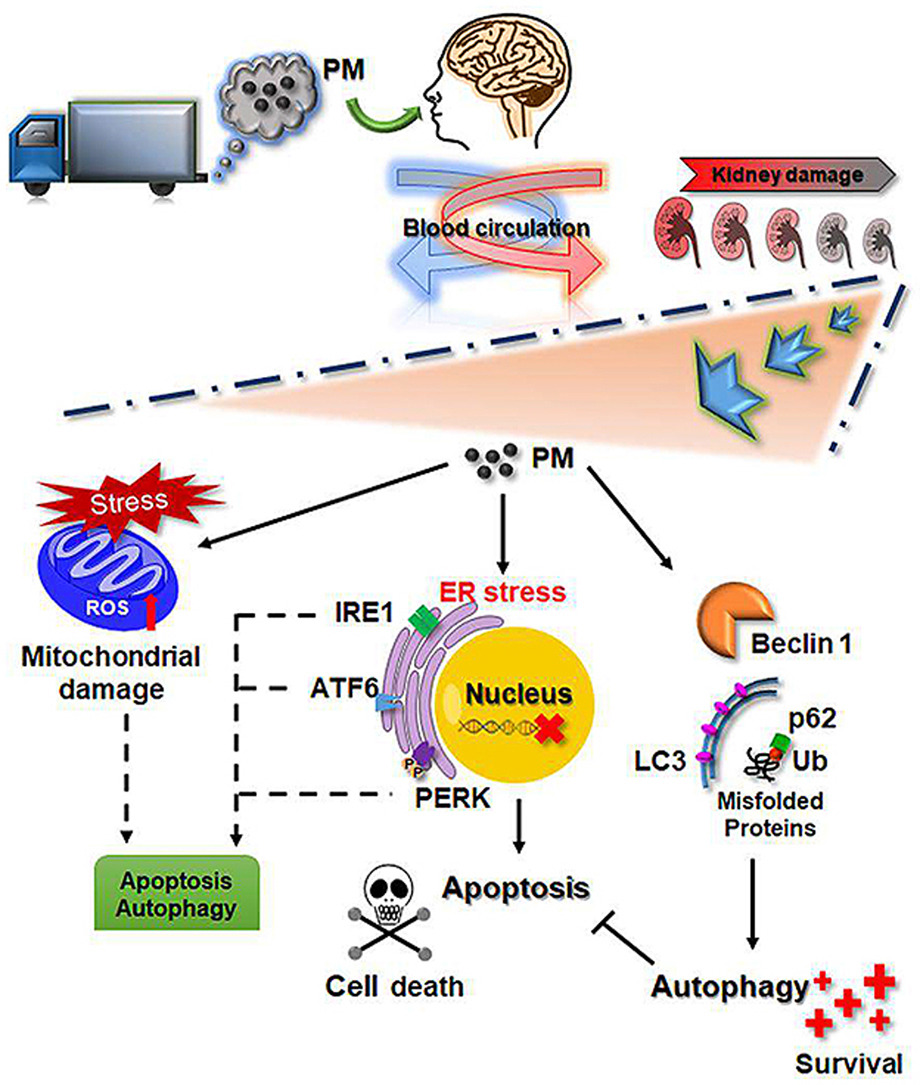Contemporary Psychodynamic Psychotherapy: Evolving Clinical Practice, Volume , 18 June 2019
Traffic emission is responsible for most small-sized particulate matter (PM) air pollution in urban areas. Several recent studies have indicated that traffic-related PM may aggravate kidney disease. Furthermore, exposure to particulate air pollution may be related to the risk of chronic kidney disease (CKD). However, the underlying molecular mechanisms have not been adequately addressed. In the present study, we studied the mechanisms of renal damage that might be associated with exposure to PM.
Partner content
United Nations University, New York, March 2019.

